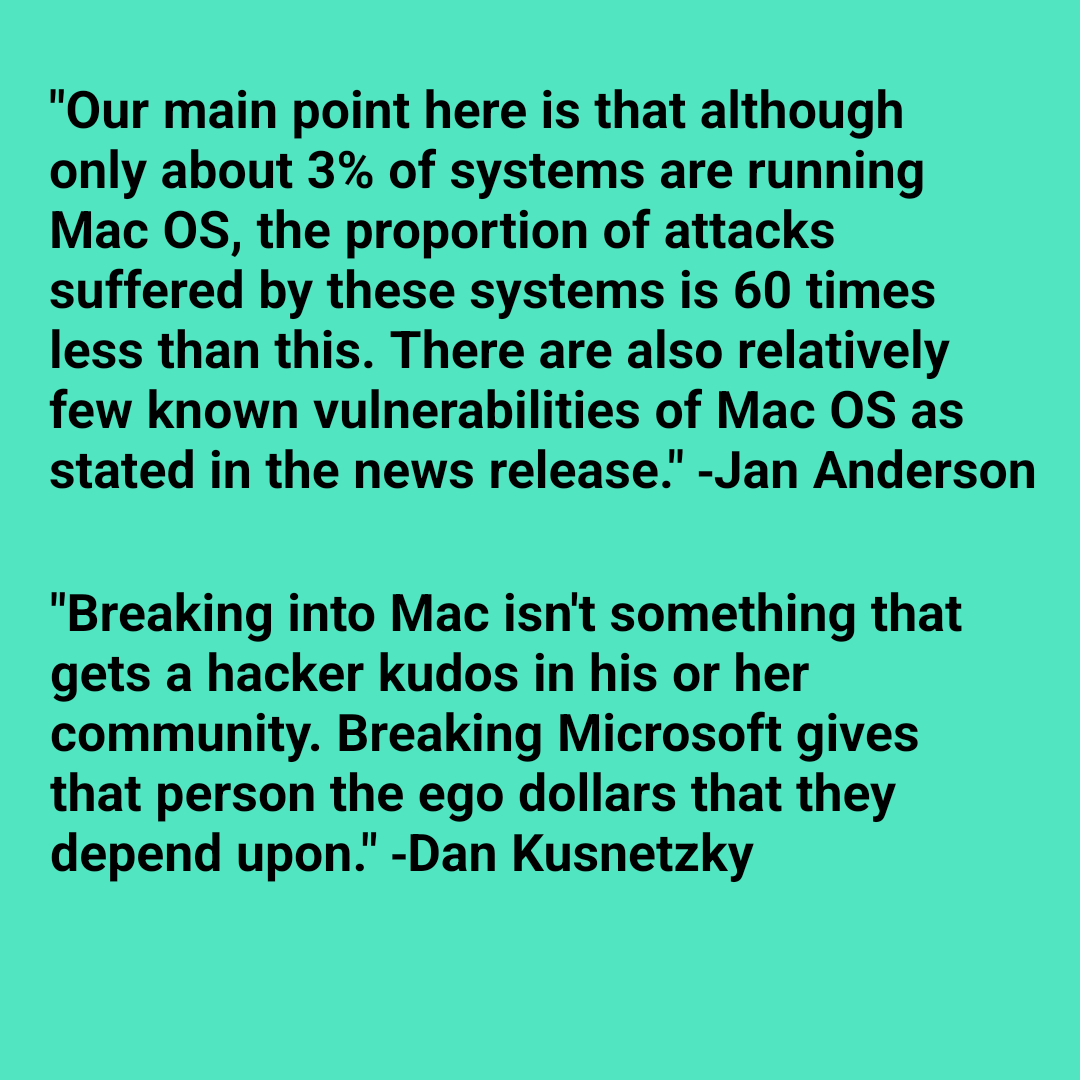Episode 186

This week in InfoSec (06:53)
With content liberated from the “today in infosec” twitter account and further afield
1st March 1988: The MS-DOS boot sector virus "Ping-Pong" was discovered at the Politecnico di Torino (Turin Polytechnic University) in Italy.
The virus would show a small ball bouncing around the screen in both text mode (ASCII character "•") and graphical mode.
https://twitter.com/todayininfosec/status/1763540406443163705
26th February 2004: Antivirus firm F-Secure apologized for sending the Netsky.B virus to 1000s of its UK customers & partners via a mailing list. The unknown sender sent it through the email list server, which didn't scan for viruses. And there was no business reason to accept external emails.
https://twitter.com/todayininfosec/status/1762092359313936553
Rant of the Week (11:48)
Meta's pay-or-consent model hides 'massive illegal data processing ops': lawsuit
Consumer groups are filing legal complaints in the EU in a coordinated attempt to use data protection law to stop Meta from giving local users a "fake choice" between paying up and consenting to being profiled and tracked via data collection.
Billy Big Balls of the Week (20:16)
Fox News 'hacker' turns out to be journalist whose lawyers say was doing his job
A Florida journalist has been arrested and charged with breaking into protected computer systems in a case his lawyers say was less "hacking," more "good investigative journalism."
Tim Burke was arrested on Thursday and charged with one count of conspiracy, six counts of accessing a protected computer without authorization, and seven counts of intercepting or disclosing wire, oral or electronic communications for his supposed role in the theft of unedited video streams from Fox News.
Industry News (27:48)
UK Unveils Draft Cybersecurity Governance Code to Boost Business Resilience
34 Million Roblox Credentials Exposed on Dark Web in Three Years
Biden Bans Mass Sale of Data to Hostile Nations
US Government Warns Healthcare is Biggest Target for BlackCat Affiliates
Savvy Seahorse Targets Investment Platforms With DNS Scams
Pharma Giant Cencora Reports Cybersecurity Breach
UK Home Office Breached Data Protection Law with Migrant Tracking Program, ICO Finds
Five Eyes Warn of Ivanti Vulnerabilities Exploitation, Detection Tools Insufficient
Biden Warns Chinese Cars Could Steal US Citizens' Data
Tweet of the Week (35:17)
https://twitter.com/_FN8_/status/1762583435745402951
Come on! Like and bloody well subscribe!
